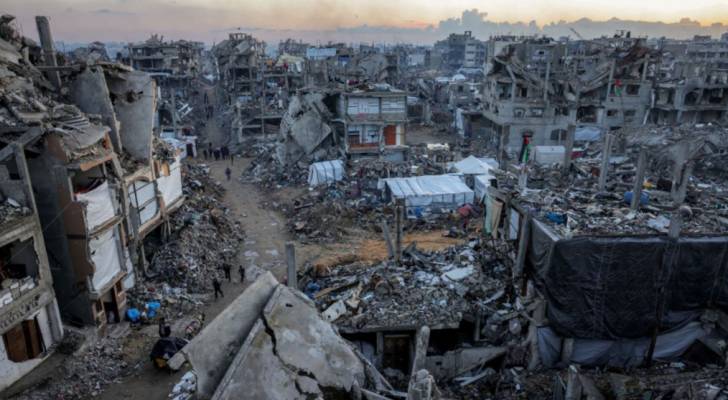'Israel' kills five Palestinians in Gaza on Tuesday
A series of deadly attacks and a deepening humanitarian crisis have gripped both Gaza and Jenin in recent hours, with escalating violence and concerns over the welfare of civilians.
In Jenin, a Palestinian was killed by 'Israeli' forces, marking the fourth fatality in the area since dawn. The Civil Affairs Authority reported that 'Israeli' forces are holding the bodies of three others, with an elderly woman among those killed earlier in the morning. The situation continues to be tense as casualties rise and the violence persists.
Meanwhile, the humanitarian situation in Gaza has taken a severe turn for the worse; an Israeli Occupation airstrike killed five people near the Netzarim Corridor. Medical sources confirmed the deaths, and the attack followed an earlier drone strike that targeted a woman near Rafah city.
Additionally, 'Israel' announced that it has cut off electricity to the Gaza Strip, a move that many believe is aimed at forcing Hamas to accept modifications to the ceasefire terms agreed in January.
Read more: "Israel" pushes for UNRWA replacements in Gaza, urges aid groups to step in
The decision has sparked outrage from aid agencies, human rights organizations, and even some of Israeli Occupation's allies, who argue that the power cut constitutes a form of collective punishment prohibited by international law.
However, reports from Gaza suggest that the situation may be more complicated than initially presented, with claims that this power cut is part of a larger strategy to increase pressure on the region.
Philippe Lazzarini, the commissioner-general of the United Nations Relief and Works Agency for Palestinian Refugees (UNRWA), warned that the situation in Gaza is "deteriorating very, very quickly," more than a week after 'Israel' halted all supplies into the region.
He expressed concerns about the weaponization of humanitarian aid, emphasizing the urgent need for aid to reach Gaza in order to stave off a return to the "deepening hunger" that plagued the area before the ceasefire. Without continued humanitarian assistance, the region faces the risk of worsening deprivation.




